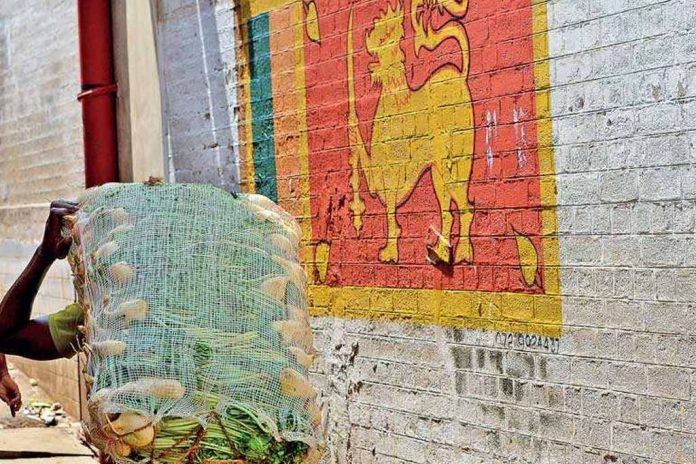The Sri Lankan government has stepped up efforts to revitalize the Small and Medium Enterprise (SME) sector with over Rs. 1 trillion in financial support, alongside a raft of measures aimed at improving the business environment and promoting long-term sustainability, according to the Ministry of Finance.
In 2024 alone, 163,279 SME loans amounting to more than Rs. 1 trillion were issued through 16 state and private banks. Of the total disbursed, around 51% went to the industrial sector, while agriculture and services accounted for 13%, official data reveals.
The Central Bank, recognizing the adverse impacts on SMEs in recent years, has instructed licensed commercial and specialized banks to extend further concessions to SME borrowers who engage in revival discussions by March 31, 2025. These concessions include interest relief and new lending. Additionally, the deadline for banks to formalize reschedulement agreements with eligible borrowers has been extended from June 15 to June 30, 2025.
To ensure a comprehensive support system, the government is also focusing on structural reforms and institutional support. A new Development Bank is in the pipeline to provide dedicated funding to SMEs and startups, potentially easing the burden of collateral requirements faced by small entrepreneurs when dealing with commercial banks.
The Ministry of Industry is expanding low-cost financial assistance through the Industrial Development Board (IDB), while also encouraging SMEs to utilize Business Development Services (BDS) for sustainable growth. Plans are underway to establish district-level Technical Service Centres to offer technical expertise and support.
Additionally, a Technology Development Fund is being created to aid SMEs in research and development. New voucher schemes are being introduced to help businesses access both BDS and R&D facilities.
On the international front, programmes such as the European Union’s “Accelerating Climate Smart and Inclusive Infrastructure in South Asia” (ACSIIS), under the EU Global Gateway Strategy, are helping bolster SME resilience, especially in emerging areas like green technology, ICT, and Agri-tech.
The Sri Lanka Export Excellence Initiative (SLEII) is another strategic push to improve export readiness among SMEs. It includes a Rs. 5 billion fund aimed at assisting firms with urgent investment and working capital needs.
The Ministry of Industry and Entrepreneurship Development has also set up an Advisory Committee to guide COVID-19 and crisis-affected SMEs. Plans are being considered to establish a dedicated Authority to streamline SME-related services and policy implementation.
With SMEs contributing 52% to Sri Lanka’s GDP and employing over 4.5 million people, the sector remains a critical engine of the economy. Despite challenges in accessing finance and technology, the government’s multi-pronged approach is aimed at fostering innovation, growth, and resilience among these vital enterprises.
